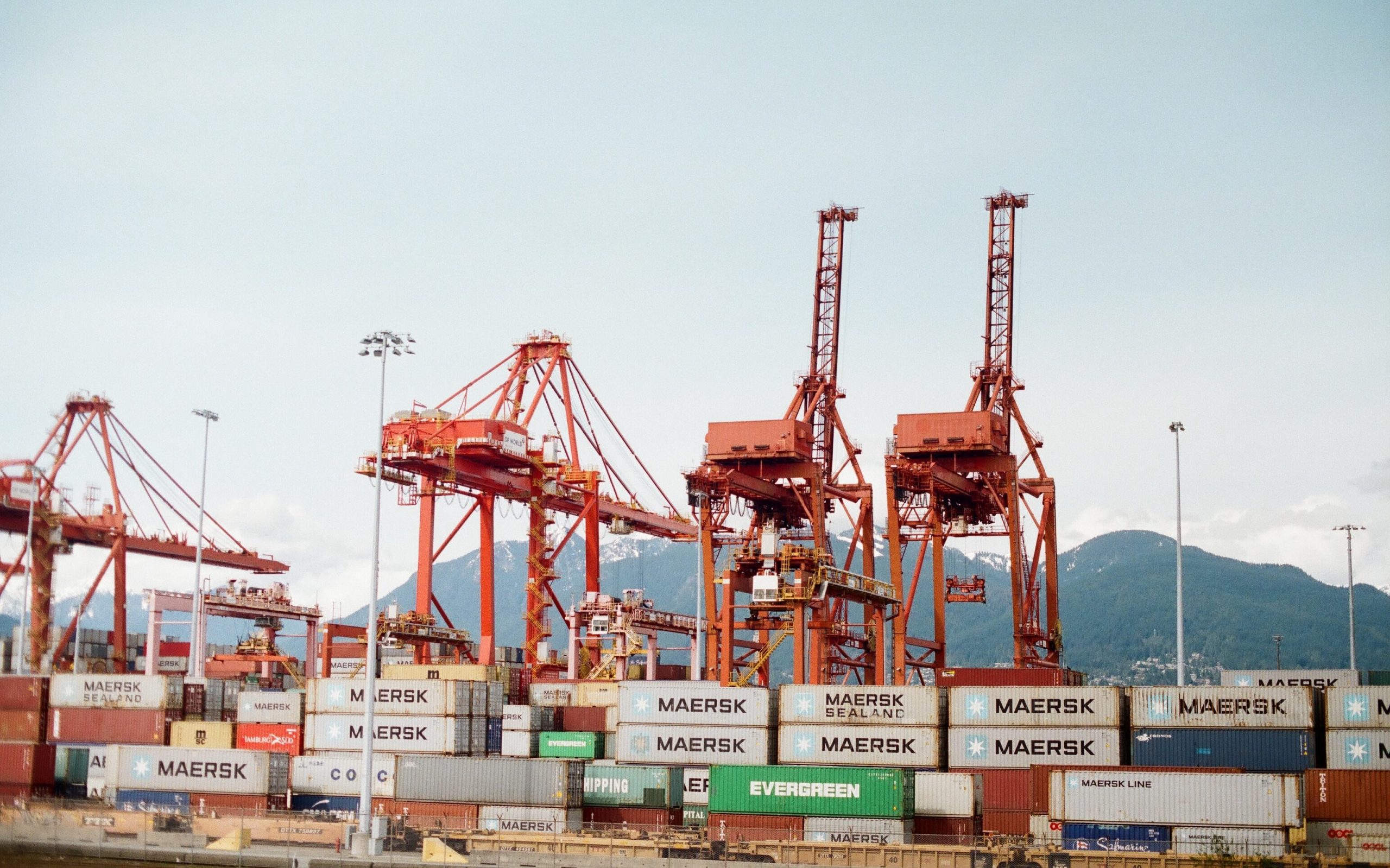
I had a pretty comfortable standard of living growing up. I never lacked for anything, but as they say, the grass is always greener on the other side – I felt the choice of products and services available to me was very limited compared to the options available in other countries.
Now that I am all grown-up, I know that my choices as a kid were limited because my country had a closed economy; we did not have foreign direct investment (or at least very limited) in the county until the early ’90s. We had loads of mom-and-pop stores that you could walk into and bargain for what you wanted.

But once the country opened up, we went from having limited choices to having endless (at least that is what it felt like) choices, from being a vastly farming centric workforce to being a corporate-driven workforce. And while I believe that the positive aspects of an open economy outweigh the negatives, it is just my opinion, and it cannot be denied that there are both positive and negative aspects.
Multinational companies (MNC) that set up shop in my country took a risk on the unknown, deciding to invest in a country with a limited FDI track record. They were not only entering a new market with no idea how customers would receive their product/service, but they would also have to work closely with a government they were unfamiliar with.
The advantage that MNC’s have today is that there are very few unknowns. Technology and the internet have made the world smaller, and these days companies, more often than not, know what they are getting into and can work out a very profitable deal with countries/governments. On the flip side, even governments know a lot about the companies and what they can bring to the table that can benefit the country’s citizens (voting population).
So, what are some of the benefits MNC’s bring?

- The cost-benefit for the MNC’s – This is probably the most significant factor around which business decisions are made. The cost savings is where multinational companies benefit the most, from the cost of labour to raw materials. A company might choose to set up a factory in the same country from where raw materials are sourced. In all likelihood, the cost of labour in these countries will be much lower and add to this, if the companies can finagle a tax concession from the government, then the profit margins they would get from the sale of the products can be exponentially increased.
- Benefits to the consumer – The obvious benefit of reducing the manufacturing costs should be a reduction of the selling cost while at the same time maintaining a high standard of product quality. Not to be cynical here, I don’t think the cost reduction will ever happen, but at least the quality of the product will not be compromised to bring down the manufacturing costs. The other benefit is choice. Suppose a company can manufacture a product cheaply. In that case, they can reinvest the money in other endeavours such as expanding their product line, research and development, exploring new markets and market segments, etc.
- Employment benefits – MNC’s create new jobs in countries they expand to and create new higher-paying, higher-value jobs in countries they already operate out of and create auxiliary support businesses. For the most part, they bring in industry best practices and help increase the quality of life of their employees by providing them with higher salaries and training.
- Benefits to the government – This point has roots in the earlier three points. MNC’s create employment for their citizenry and give them more spending power. They increase annual tax collections for the government. MNC’s can help in regulating and keeping the cost of products competitive. The more products and services in the market, the more choice the citizenry have and the more they will spend.
But, at the same time, with MNC’s, everything is not peaches and cream. So, what are some of the negatives MNC’s bring?
- Dominating the market – While MNC’s bring in big money, it is the same monetary power that it brings to bear to crush the competition and small local businesses. To pressure local suppliers to align with how much they are willing to pay for a product/service. MNC’s have the power to dictate the supply timelines and the penalties of failure to deliver while at the same time avoiding penalties if payments are not made on time.
- Social influence – MNC’s are the bringers of change. They introduce the local population to new products and services and a new way of thinking. Some of these new ways may counter the traditions of the land and might topple generations of traditions. Now, some of this might be a good thing, and some of it might be bad, it is all about your point of view and only history can judge.
- Influence on government – The more powerful MNC’s have the power to lobby for change in government policy to suit their requirements which may be detrimental to the local businesses or the population. Most of the time, the populace doesn’t even realise that things like these happen, and even if they do realise, everything can be spun to smell like a bed of roses when it is actually a pile of dung.
- Dumping ground – All of us want the latest and best product in the market. It has become so bad that a more-than-a-year-old mobile phone is considered outdated, and more importantly, “so last season”. Where do all these products go? I remember one of the best-selling cars in my country for about a decade was a car that was outdated in most parts of the world about a decade before it was launched for us. Launching outdated products can compromise safety and can harm the local environment.
In my opinion, the days of the local businesses are generally over (there will always be local businesses, I am just saying “in general”). Because of the internet, everyone knows what is out there, and we all want it. We are moving towards one world, one race, and that is mainly because of global trade, which is powered by MNC’s.
If you want to learn to be a better manager on a global then check out one of our 100% online master’s degree programmes. Chat LIVE on WhatsApp with one of our Education Advisors today.




